Can anyone make sense of LG's baffling smartphone strategy?
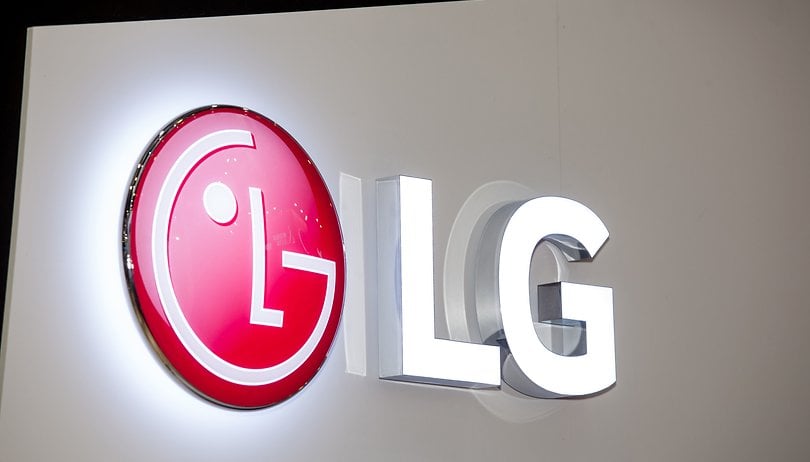

It is not easy to understand what LG's strategy is after having seen it present the new phones in the G and V series at the Mobile World Congress. It may seem hard to believe but the South Korean manufacturer has clear ideas about where it is heading. Whether this move turns out to be a winning one, only time will tell.
G and V series: two different directions
Why present the LG G8 and the LG V50 ThinQ 5G at the same time? That was the question that crossed my mind when I saw the two new devices from the South Korean manufacturer. LG has an answer: from now on the G series will focus on 4G LTE smartphones while the V series will focus on 5G. So don't expect a G9 ThinQ 5G next year, there won't be one.
The G-series will focus on 4G LTE smartphones while the V-series will focus on 5G.
The G8 offers some new and interesting features, such as the OLED Crystal Sound display and the 3D ToF sensor, while the V50 does not offer these features but supports 5G and will probably be more expensive. The V line of smartphones is therefore no longer the true flagship of the brand i.e. the phones that incorporate all the latest technology that LG can offer. Rather, they are for those looking towards the future and show the manufacturer's attention to current trends.
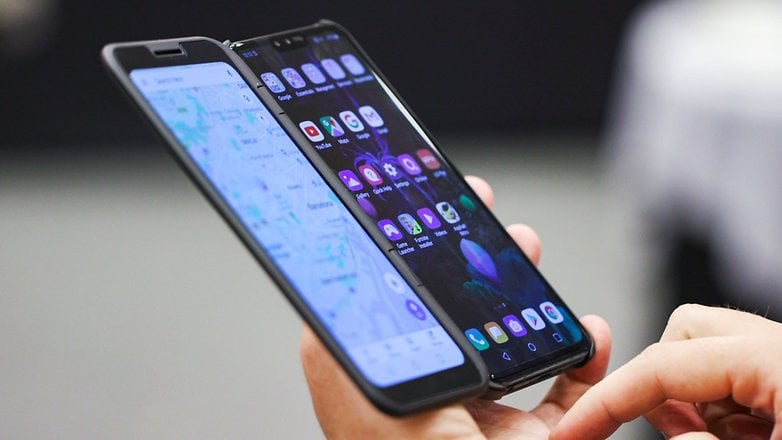
Is the G-series in danger of extinction?
What happens when we all have a 5G smartphone in our hands? What will be the change that LG's G-series will undergo? Is it going to disappear? Will it focus on any other features? Let's face it, it's not a problem worth tackling today. The world of technology evolves very quickly but before you see 5G everywhere it will take time, and I'm not talking about months. There are large cities that are implementing next-generation antennas but it will not be easy to offer extensive coverage: operators and governments will have to deal with that in the coming months.
Continuing to focus on 4G LTE smartphones is necessary, most of the market relies on these devices.
For the moment, the G8 and its predecessors are the real protagonists of LG's mobile division, the ones they should monetize. Continuing to focus on 4G LTE smartphones is necessary, as most the market relies on these devices. To present only the V50 ThinQ would be for LG to commit Harakiri in the middle of the Mobile World Congress.
At the same time, I would have understood more about the decision to add a hypothetical V40 ThinQ 5G to the G8, especially considering that the V40 has only just landed in Europe. A bit like Xiaomi did with the Mi MIX 3 5G, for example. But the V50 is for the United States and South Korea, where LG wants to clarify its identity, and needs a device focused on 5G to do so: this is the message from the company. For those who can't make the most of a 5G smartphone yet, there is the G8, the V40 and the other members of the LG family.
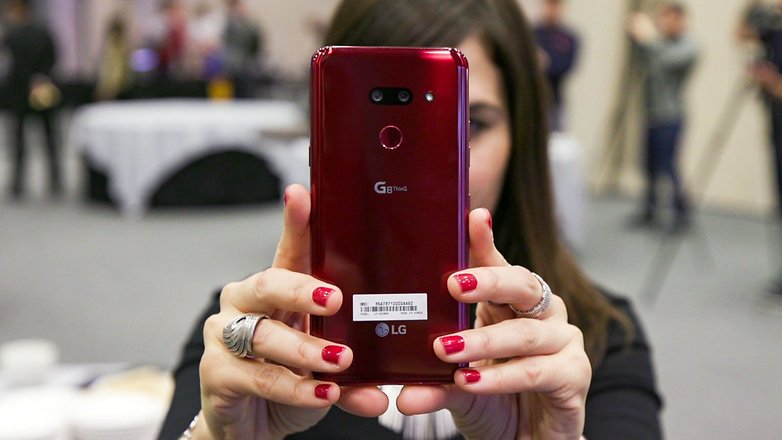
5G smartphones are not what users want...yet
The choice to present a 5G smartphone does not come from a direct need of users (its easy to understand why if you think about the current state of the infrastructure), but rather from the willingness of brands to prepare for the future. In both Korea and the United States, where LG Mobile is concentrated, it is the operators who manage the mobile market and it will be up to them to convince users to spend more than they are currently doing to have a 5G data plan.
A foldable LG smartphone may come in the future, but only if users need it.
Greater speed and lower latency are the two reasons that are automatically associated with 5G: but will they justify the price increase right away? It will take time for this as well as really convincing usage scenarios. No operator has announced the prices of future packages but there will be an increase: Mark Allera, CEO of British Telecom, spoke at one of the 5G conferences held at the MWC about 'a few extra pounds' but I fear that in some cases the figures may be doubled.
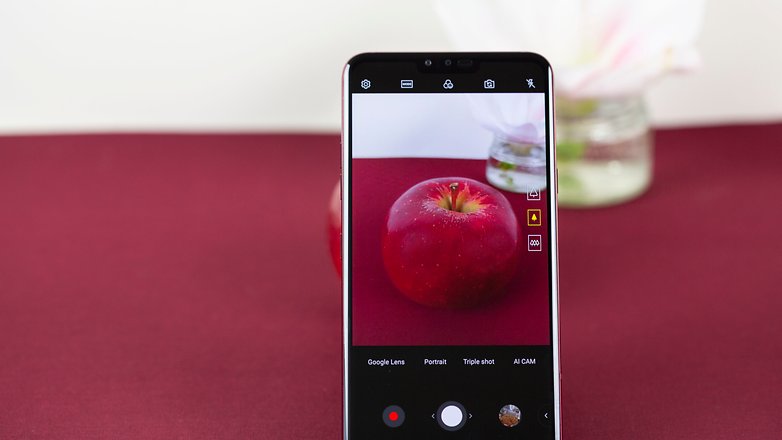
To make 5G attractive, operators and manufacturers will try to focus on the possibility of offering multimedia content 20 times faster than 4G. And this is where the Dual Screen of the V50, initially distributed in the United States with Sprint, will have the opportunity to play its cards. Offering the V50 together with the secondary display may give a 5G package the real added value. Everything will depend on the final cost that at the moment is impossible to calculate considering that we do not know the price of the smartphone, the additional screen and the 5G rates.
Foldables are not a priority for LG
After having seen several manufacturers make folding smartphones (the Samsung Galaxy Fold and Huawei Mate X are the main players, but not the only ones) it is natural to ask a brand like LG if a foldable is scheduled.
The South Korean manufacturer did not present such a device at the Mobile World Congress because introducing such innovation is not part of the plan. For now at least. The innovation introduced by the brand can be summarized with the introduction of the first 5G smartphone, and with the display and ToF sensor of the G8. A foldable could come in the future, but only if users need it.
For the moment there is no real market around these curious and intriguing devices and LG's mobile division has to deal with the resources available. Rather than introducing such innovations at the moment, LG must try to survive by finding the right way to make users appreciate their devices.






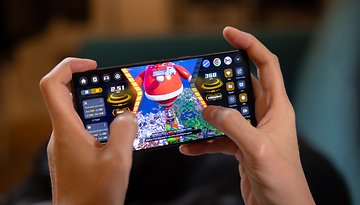
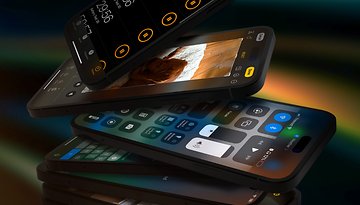





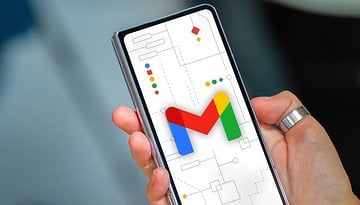
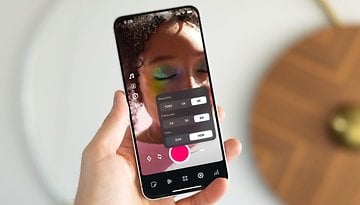
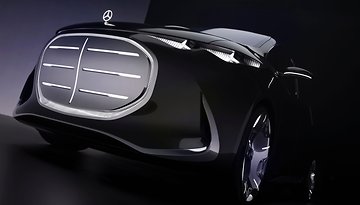
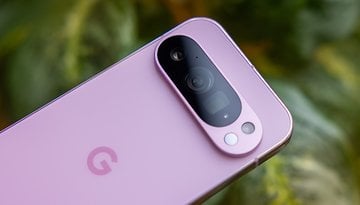



5G is honestly the biggest gimmick on a phone right now. It's like having a super car but no actual road to drive it. I love LG phones, no they are not the best (except DAC and wide-angle cameras) but are within months one of the best cost-value ratio you can find on a flagship phone. Just waiting for G8 to be released in Europe.
No one needs 5G at the moment. If it can actually give descent service in places that have really bad or no service than it has a purpose. As for me the 4G advanced from At&T gives me speeds of 140mbps. I have no need of a speed higher than that. With that speed i can watch 4k Movies if necessary which I do not need to do because I have a LG V30. I am good for years.
WIll I buy another LG phone? Probably not if Samsung keeps making phones with a better OS skin, more RAM and Memory options and superior screens with better cameras. I mean why buy A LG phone just for a DAC? Hardly anyone cares about that and the speaker sound is probably just as good on the Samsung phones as the LG phones. So Goodbye LG and good riddance.
I would say that the G series will be there in the market for at least 5-10 years as 5G is just in the evolving stage.I must say that your insight is crystal clear and very informative.
I agree, Nupur! I'm in the US, but in a rural area (Mendocino County, Northwest California), so it'll most likely be a few years before I will see 5G. I agree on the insight, too, they nailed it on the head.